20+ Years Experience
Specialist Alcohol Help

Enquire Today For A Free No Obligation Quote
Alcohol addiction in teens is a growing concern, with studies showing that teenagers are more likely to develop an addiction to alcohol than adults. This addiction can have severe physical, emotional, and social consequences for adolescents, making it crucial to be aware of the warning signs and take preventive measures.
According to the National Institute on Alcohol Abuse and Alcoholism, alcohol addiction in teens is defined as a “chronic, relapsing brain disease characterised by compulsive alcohol use, loss of control over alcohol intake, and a negative emotional state when not using.”
It is essential to understand the warning signs to recognise and address alcohol addiction in teens:
Several risk factors can contribute to alcohol addiction in teens, including:
Taking preventive measures is crucial to address alcohol addiction in teens. Here are some ways to prevent alcohol addiction in teens:
Alcohol addiction in teens is a chronic disease characterised by a craving for alcohol, loss of control, physical dependence and withdrawal symptoms.
It can lead to various health and social issues, affecting academic performance and relationships. Early intervention and open communication can help prevent and address alcohol addiction in teens.
Suggestions:
As parents and guardians, it is crucial to be aware of the warning signs of alcohol addiction in teens. By recognising these signs early on, we can take steps towards prevention and intervention.
In this section, we will explore the various changes in behaviour that may indicate a problem with alcohol, such as increased secrecy and mood swings. We will also discuss how alcohol use can affect a teen’s performance in school and their friendships.
Additionally, we will touch on the physical symptoms that may arise and the potential legal problems that can result from underage drinking.
Observe any sudden changes in behaviour, such as increased secrecy or unexplained mood swings. Pay attention to signs of hostility, irritability, or rebelliousness. Look out for a lack of interest in activities they used to enjoy.
Monitor for uncharacteristic dishonesty or manipulation. Take note of any sudden decline in academic performance or attendance.
A parent noticed their teen’s sudden reluctance to engage in family activities, leading to the discovery of alcohol use and behavioural changes, prompting timely intervention and support.
Legal problems arising from alcohol addiction in teens can include issues such as underage drinking, public intoxication, driving under the influence, and possession of alcohol.
These legal problems can result in fines, suspension of driver’s licence, community service, or even juvenile detention, impacting the teen’s future opportunities.
Preventing legal issues involves educating teens about the serious consequences of breaking alcohol-related laws and enforcing strict rules and consequences at home.
When it comes to alcohol addiction in teenagers, various risk factors can increase the likelihood of developing this harmful habit. In this section, we will discuss the three main risk factors and how they can impact a teenager’s susceptibility to alcohol addiction.
From family history of addiction to mental health issues and peer pressure, each factor plays a significant role in a teen’s relationship with alcohol. By understanding these risk factors, we can take important steps towards prevention and intervention for our youth.
Educate teenagers about their family history of addiction to increase awareness and understanding of potential genetic predispositions. Encourage open discussions to address any concerns or questions they may have regarding their family history of addiction.
Seek professional guidance and support if there is a family history of addiction to ensure proactive measures are in place for prevention.
By acknowledging the link between mental well-being and alcohol use, we can create a supportive environment for adolescents to prioritise their mental health and make informed decisions about alcohol consumption.
Peer pressure, a significant factor in teen alcohol addiction, can lead to experimentation and excessive drinking. Adolescents may feel pressured to engage in drinking activities to fit in with their peers.
To combat this, parents and educators should foster open dialogues, provide education on the negative impacts of alcohol, and encourage positive peer influences.
While alcohol addiction in teens is a serious issue, it is also a preventable one. By taking certain measures, we can help our youth avoid falling into the dangerous trap of alcohol abuse. In this section, we will discuss various ways in which we can prevent alcohol addiction in teens.
From open communication to setting a good example, each approach plays a crucial role in keeping our teens safe and sober. Let’s delve into the different strategies that can be implemented to prevent alcohol addiction in teens.
Educating teenagers about the dangers of alcohol is crucial to preventing addiction. Both schools and parents have a vital role in providing comprehensive education on the risks associated with alcohol consumption.
Including real-life stories and statistics in educational programs can effectively convey the potential consequences of underage drinking. Engaging in discussions and interactive activities can further enhance the impact of alcohol education on teenagers.
A school implemented an interactive workshop on the dangers of alcohol, inviting recovering addicts to share their experiences. This approach significantly raised awareness among students, resulting in a visible reduction in alcohol-related incidents within the school community.
Establish clear rules and consequences regarding alcohol use. Communicate the rules effectively, ensuring that the consequences are understood. Consistently enforce the rules and consequences to establish accountability. Regularly revisit and adjust the rules and consequences as necessary.
Encourage open dialogue about the rules, allowing teens to express concerns or ask questions.
Pro-tip: When establishing rules and consequences, involve teens in the decision-making process to promote a sense of ownership and responsibility.
Some warning signs of substance abuse in teens include mood changes, academic problems, changing friends, a ‘nothing matters’ attitude, finding substances in their possession, and physical or mental changes.
These behaviours could be signs of emotional and mental changes that may lead to substance abuse.
Parents need to intervene and not ignore their parental instincts.
Parents and caregivers can educate themselves by using online resources, such as the Substance Abuse Treatment Locator by SAMHSA, which can help locate treatment programs across the country.
They can also contact their primary healthcare physician for help and read Youth Briefs, which provide information on various topics related to youth, including substance abuse.
The Emoji Drug Code: Decoded fact sheet provides information on how emojis are used to communicate about illegal drug activity on social media and e-commerce platforms.
It can be a helpful resource for parents, caregivers, educators, and other influencers.
If you suspect your teen is struggling with substance abuse, it is important to speak with them and have them screened by a professional.
Families can also contact local substance abuse professionals for formal intervention if needed. It is important to address the issue as soon as possible to prevent long-term negative consequences.
There are a range of other services that we can provide. Have a look at the list below for more information:

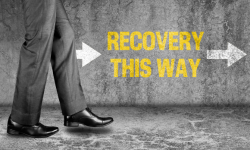






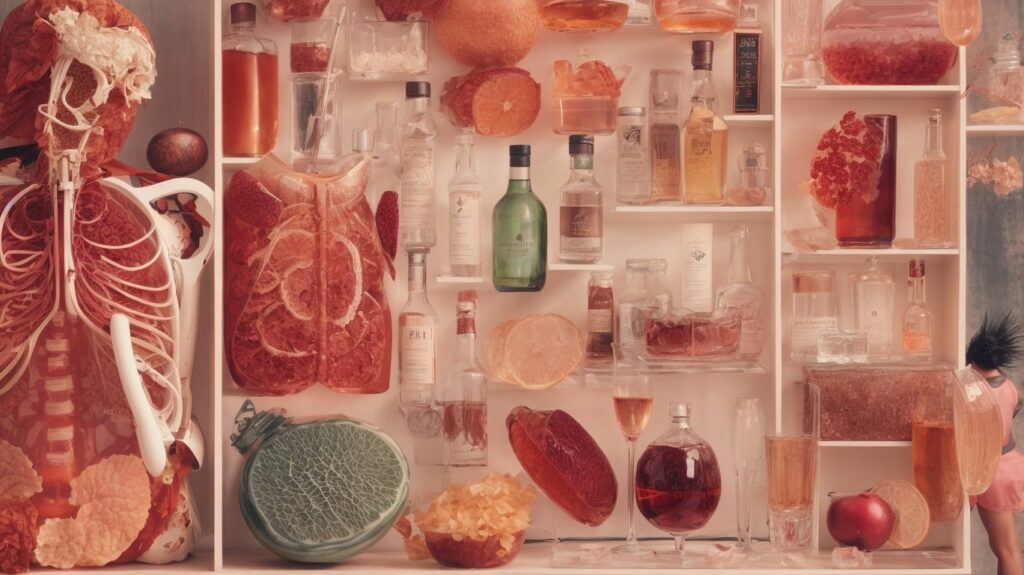






















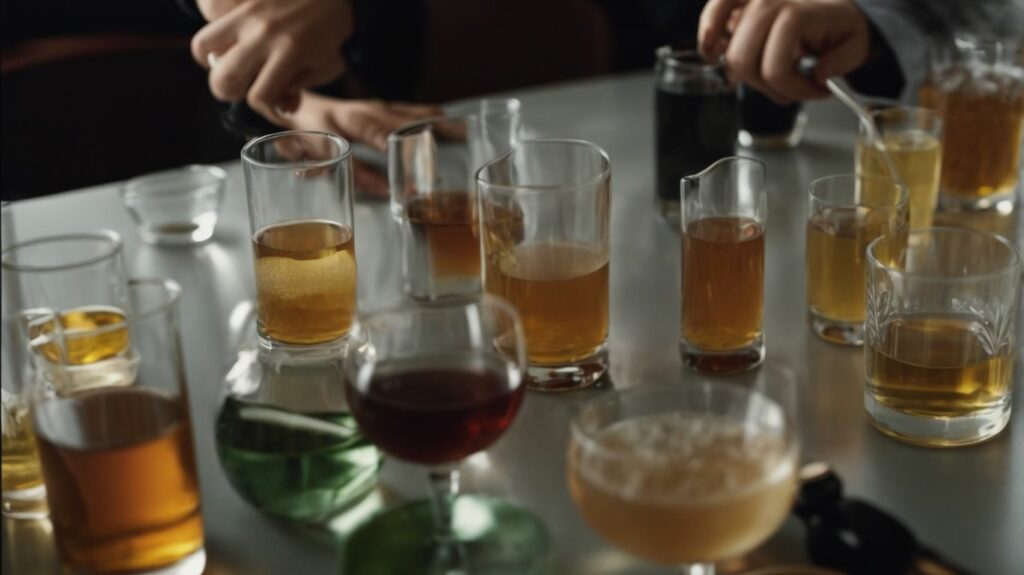









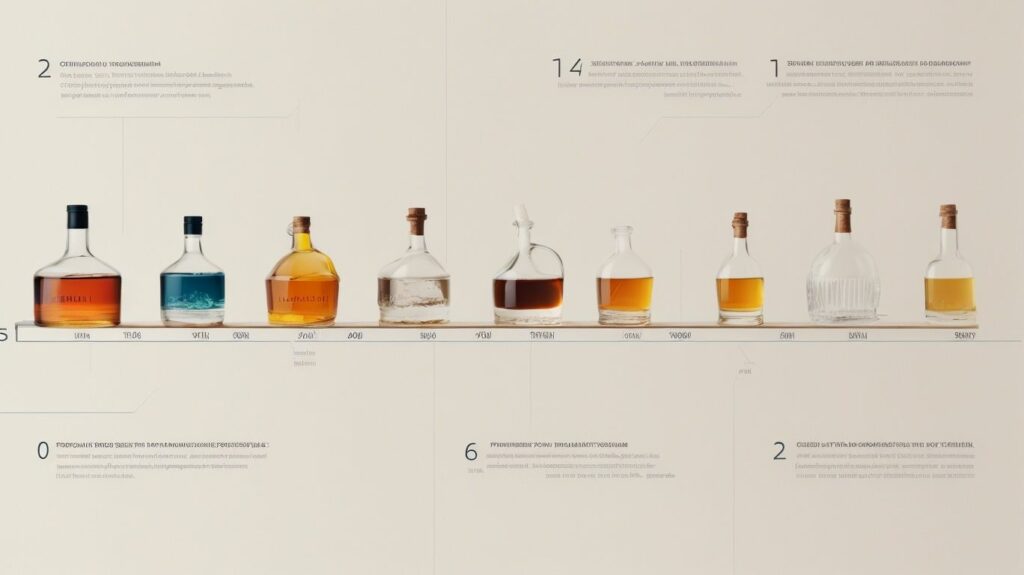





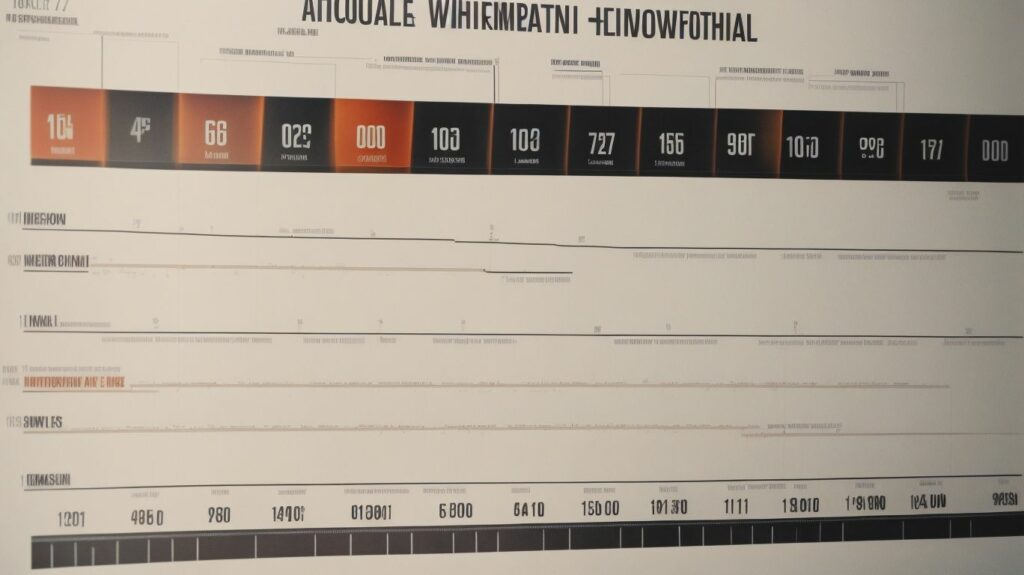





















































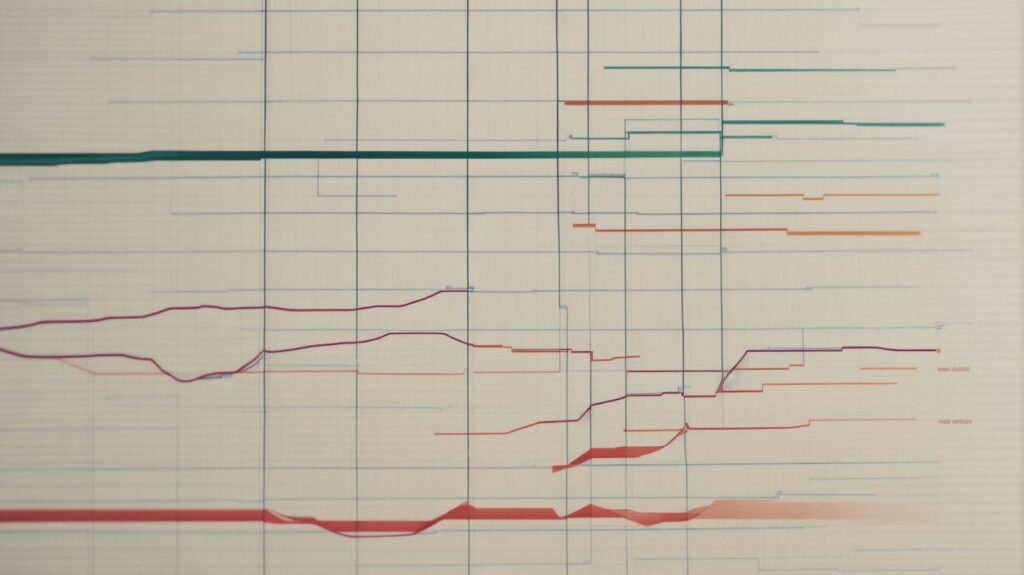











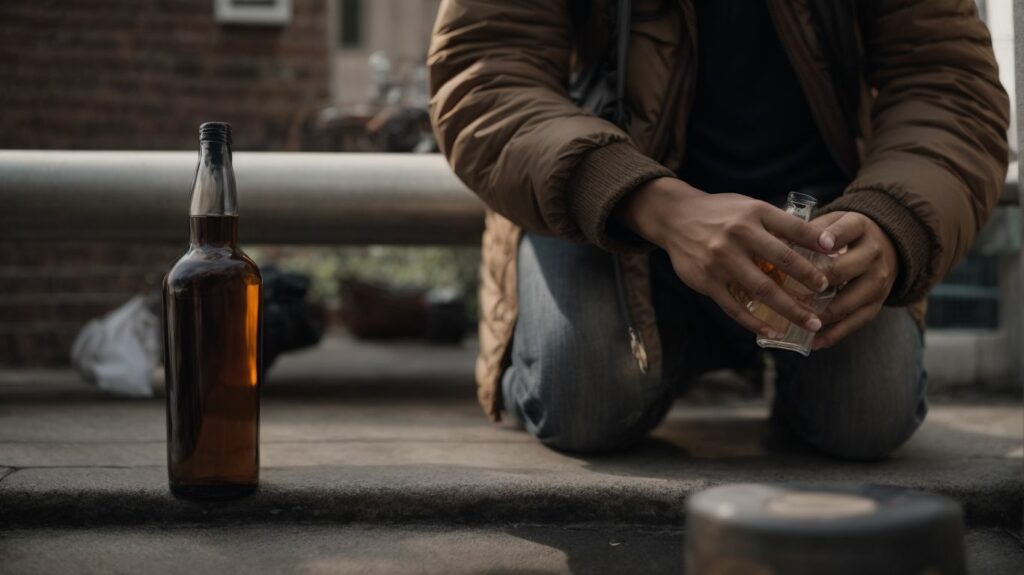


















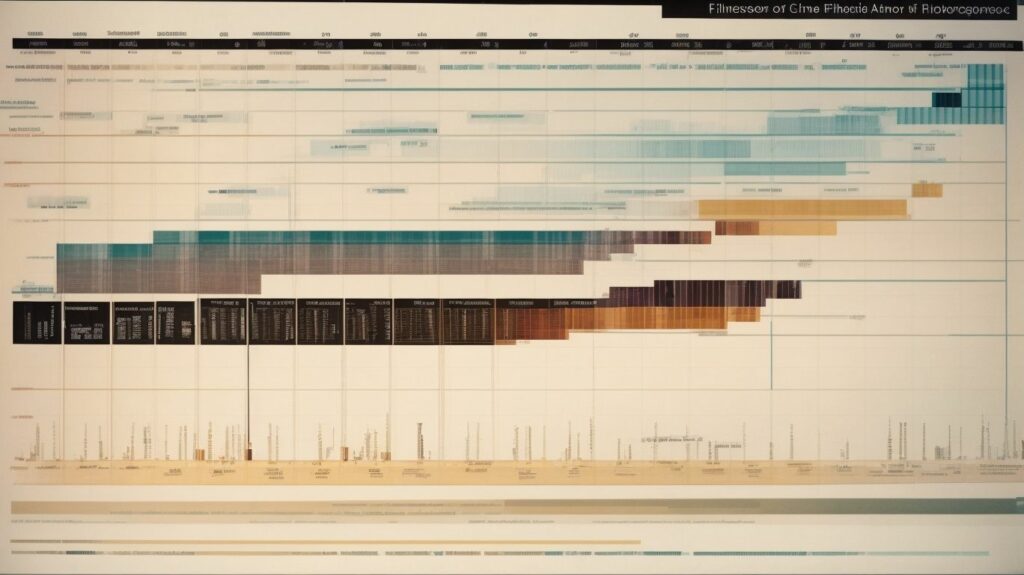
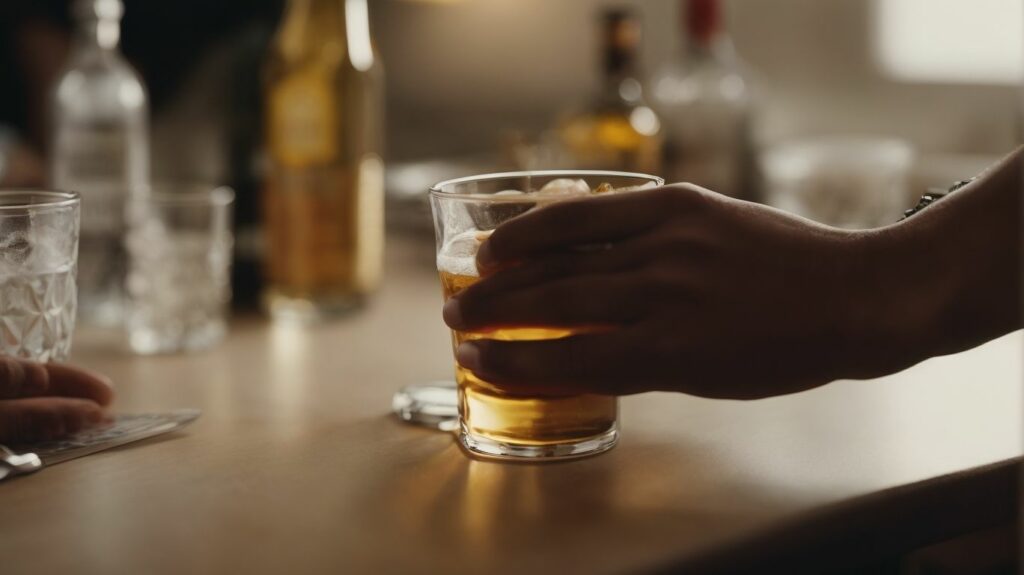





We Aim To Reply To All Enquiries With-in 24-Hours